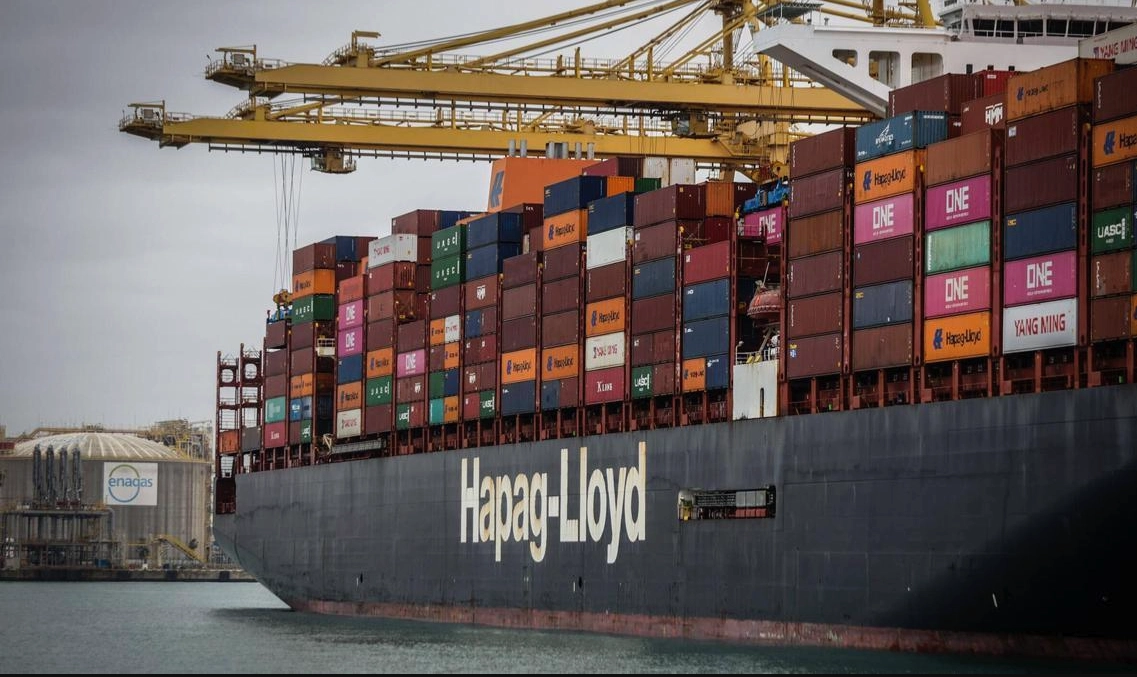Undoubtedly, the European Union (EU) has a renewed interest in increasing its trade relations with Latin America and the Caribbean (LAC). This is due, above all, to the continent’s abundance of so-called critical minerals, which are already playing a leading role in the energy transition also being promoted in Europe, which is replacing its automobile fleet with electric cars, and substituting Chinese imports with solar panels of its own manufacture. European companies have already begun a serious investment offensive in the continent, aware that they are already a little late to the party and that it will be very difficult for them to displace the Chinese companies that have been operating for some years now. The interest of Europe was, in fact, very evident at the last EU-LAC Summit. This summit took place at a time when the Russian war of aggression against Ukraine had provoked a profound energy crisis, which is still present. The critical minerals of the Latin American subsoil are therefore also geostrategic.
The great challenge facing Latin American economies, for the umpteenth time, is to avoid falling once again into the famous “natural resource curse”. This “curse” is not only linked to the imbalance caused by the abundance of raw materials in the balance of production factors, but also to rent-seeking practices, ecological destruction, violation of human rights, and corruption. Nordic Norway is one of the vivid examples that it is possible to avoid the natural resource curse with good governance and high corporate responsibility. The risks are enormous, and the recent past shows us that it is easy to fall into the temptations of unregulated extractivism.
European companies do not only bring new technologies and huge sums of capital. Although they may seem complex and smack of interference, relations with the EU can be more advantageous if concerns about environmental protection and human rights are taken seriously. As environmental and human rights organizations throughout the continent have already denounced, the negative impacts of (neo) extractivism are already a reality in most countries of the continent. Environmental destruction and human rights violations in the extraction of critical minerals appear to be replicating the social and environmental violence that has characterized the fossil fuel sector: with 61 percent of global abuse complaints, Latin America is the region with the highest number of abuses in renewable energy development, and the number is increasing.
The Due Diligence Law
On March 15, 2024, the EU Member States approved the Directive on Corporate Sustainability Due Diligence (CSDD). This is a law that could help lay the groundwork for more environmentally and human rights friendly sourcing of critical minerals and other raw materials. The CSDD aims to ensure that European companies take proactive steps to respect human rights and mitigate environmental impacts within their operations and throughout their value chain. In practice, this is nothing more than extending the scope of legally binding obligations of companies operating in Europe to all active suppliers in their supply chain.
All EU member states must incorporate CSDD into their national legislation from 2026 at the latest. As stipulated, companies will have to start implementing requirements in 2025 or 2026, and the implementation schedule is still in the process of being clarified. Since it was first proposed in 2022, such a law has occupied the debate around how the EU will succeed in aligning its trade policy with the objectives of the Paris Agreement on Climate Change. It should be clarified that many EU Member States such as Germany, France, or the Netherlands already have national legislation that goes even further than the Act adopted by the Commission.
Two opposing positions clashed in this debate. Those who claimed for a more binding regulation with a wider scope of application for the activities of large European companies in developing countries and those who refuse any type of regulation that includes environmental and social aspects. After intense discussions in which Germany, in particular, advocated a liberal course, a compromise agreement was reached which, as usual, ended up with an excessively weakened law compared to the proposal that had been approved by the European Parliament a few months ago. “EU countries did it again: they cut the rules to appease big business, dealing a blow to Europe’s self-proclaimed position as a defender of democracy and human rights,” said Marc-Olivier Herman, economic justice activist of Oxfam EU.
What does the approved law consist of? In its latest version, the scope of application of the CSDD was substantially reduced and only includes companies with at least 1,000 employees (instead of 500) and a turnover of at least 450 million euros (instead of the 150 million euros initially envisaged). Alternatively, companies with more than 250 employees and a turnover of 40 million euros also fall within the scope of the Directive, provided that 50% of their revenues come from high-risk industries such as fashion, minerals, or agriculture. Reduced scope: According to current estimates, this will mean that the number of European companies that will be affected by the CSDD will be reduced by almost 70 percent. The scope of application of the CSDD is, therefore, more limited overall than that of the German law (LkSG), which does not provide for turnover thresholds.
Another substantial change from the original proposal is the elimination of the high-risk sector approach: The concept of progressive inclusion of companies that do not meet the scope criteria but operate in high-risk sectors is no longer foreseen in the new version of the CSDD. The original draft of the CSDD contained provisions stipulating that companies with more than 250 employees and a net turnover of more than 40 million euros would be subject to the CSDD if they generated at least 20 million euros in a high-risk sector, such as tropical forests or coastal areas with high biodiversity.
In short, the final text of the CSDD was strongly criticized not only by several non-governmental organizations (NGOs) but even by major companies that see in it a protection against unfair competition from Chinese companies. It is argued that the requirements have been “massively” reduced or watered down at the expense of the European business sector.
Will exports from Latin America be reduced?
Some European companies that would be affected by the Law intensified in the days prior to its approval a massive advocacy campaign in exporting countries. Thus, coffee and cocoa importing companies from Germany, the world’s second-largest coffee importer, painted a dramatic scenario for Latin American producers. According to media propaganda, the German coffee sector assumes that the supply of coffee will no longer be guaranteed as of next year due to a new EU regulation. “We are threatened by a shortage in the German and European markets. The prices of the coffee that will still be available will rise considerably,” announced the German Coffee Association.
Nothing could be further from the truth, in a sector where importers benefit from a chronic global oversupply that allows them to manipulate prices, there can be no drop in supply. In the case of cocoa, such legislation would give Latin American exporters a comparative advantage over African exporters, where child labor is widespread. On the other hand, both the cultivation of coffee and good-quality cocoa are only possible in the long term, if they are carried out under conditions of sustainable forest management.
However, it cannot be overlooked that the new European legislation is also a challenge for Latin American producers, not only in the raw materials sector. Suppliers that are direct trading partners of EU companies will have to provide contractual guarantees of compliance with the Code of Conduct for EU companies. If necessary, a prevention action plan will have to be drawn up, including the corresponding contractual guarantees from trading partners, insofar as their activities form part of the value chains of EU companies included in the scope of the legislation.
Traceability, understood as the ability of an actor to link a product or by-product with information on its history from the production site to the end user, will be a key tool to increase and consolidate sustainability. Digital solutions already exist that allow traceability to be adapted to the new requirements. The information associated with commodities also includes sustainability aspects at the production site. This is essential in particular concerning forest loss, which can now be continuously monitored with GPS instruments.
Companies that want to stay ahead of the curve can take some first steps now. One of the most important is the digitization of traceability to ensure transparency at low costs. It is important to analyze the new requirements and ensure that importers are committed to the new quality standards. In any case, it will be necessary to deepen the knowledge about the next legislative steps of the EU, to identify which of its trading partners fall within the scope of the new legislation, and to initiate a dialogue with them. Cooperation between governments and exporting companies is also important to ensure compliance with the new requirements. The scope and depth of the Act may expand in the coming years. It is better to be prepared for such a change that would benefit everyone and not just a few.
*Translated by Janaína Ruviaro da Silva from the original in Spanish.













